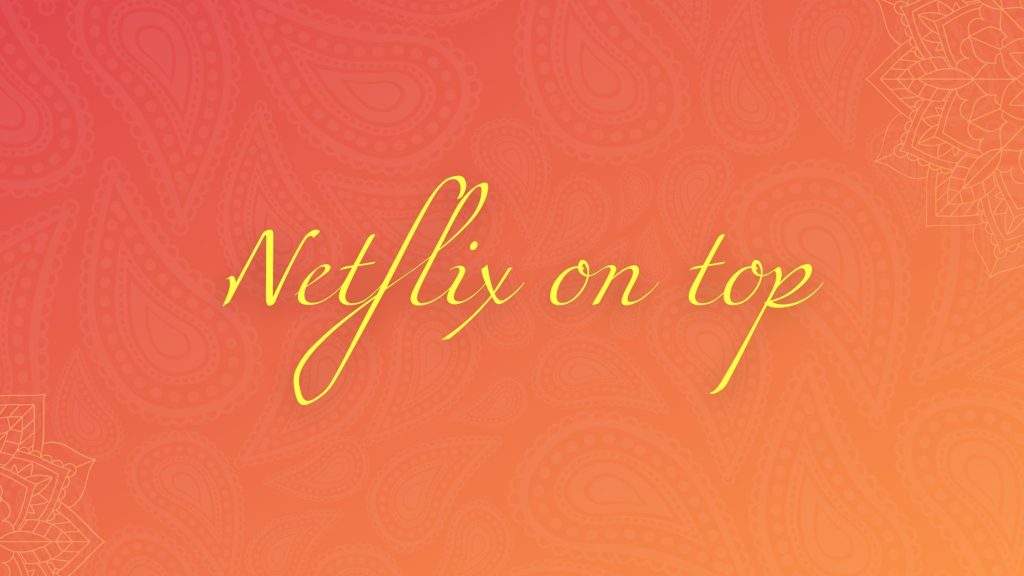That will certainly ring a bell for HOOQ, which has felt the presence of Netflix since 7 January 2016, when it switched on its service in 130 new countries overnight. Its worldwide reach excluded only China, Crimea, North Korea, and Syria. “Netflix sprang it on everyone by launching overnight. No one knew it was coming,” said one of the aforementioned former HOOQ employees. “That made a regional play very difficult from that moment.”
Netflix on top

The subscription video on-demand (SVOD) market in Southeast Asia was worth $330 million in 2019, according to Media Partners Asia.
The firm puts HOOQ’s market share at 5% with Netflix dominant at over 50%—that translates to an estimated $170M in revenue for the US firm last year.
Initially, HOOQ and iflix continued to champion their causes as streaming services that had been developed for the masses, while Netflix, through its pricing, served a more niche and higher-spending consumer. With prices at around one-fourth of that of Netflix and more flexible daily pricing, the confidence continued even when Netflix began local marketing in Southeast Asia.
But HOOQ’s demise had already been on the cards when Netflix came calling. A prescient employee review posted to Glassdoor in October 2019 called the business a “sinking ship”, while the lack of funding told its own story.
HOOQ itself places a chunk of the blame for its demise on “significant structural changes… in the OTT video market and its competitive landscape.” It argues that increased rivals—you’d imagine that is chiefly Netflix—drove up the cost of content and gave consumers more services to watch and fewer reasons to pay.
Post Covid-19, we have seen significant depth to the streaming economy with Netflix and Viu key beneficiaries in subscription video on-demand (SVOD). Local players like Vidio in Indonesia are also gaining while HBO Go has made an encouraging start.
Canary in the coalmine
There appears to be little to salvage, currently. When asked about repayment of debt owed by HOOQ, two vendors declined to comment citing a non-disclosure agreement. A Singapore-based startup that provided services for the business said it had been instructed to contact HOOQ’s liquidators with details of what it is owed. It does not anticipate receiving its money for six to nine months due to the length of the legal process, a senior executive within the startup told The Ken anonymously. Another creditor said their company was looking at no more than 50 cents on the dollar for what it is owed.
“I hope they’ll pay what they owe,” said the first founder mentioned above. “This is a division of Singtel not an independent startup.”
HOOQ and Singtel did not respond when asked about the plan to pay creditors.
It’s an abrupt end to five years and hundreds of millions of dollars, but Singtel’s cold admission that the liquidation would have no material impact on its business says much about the corporation’s approach to new ventures and investments out of its core telecom business.